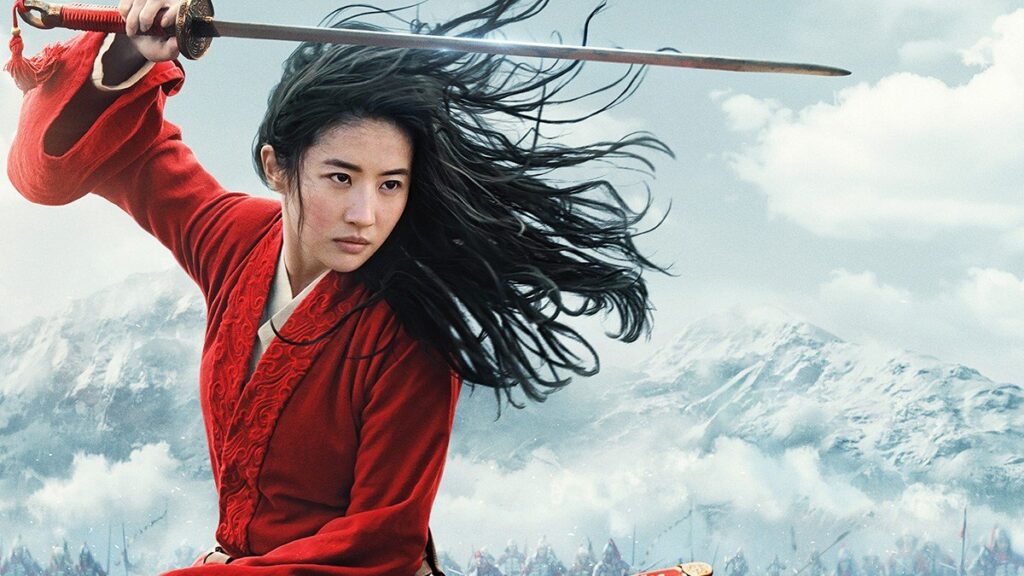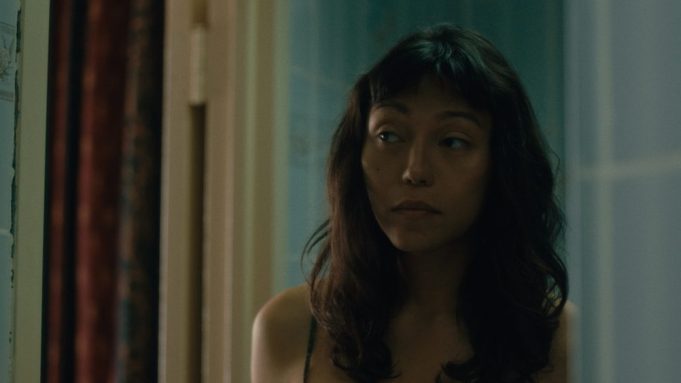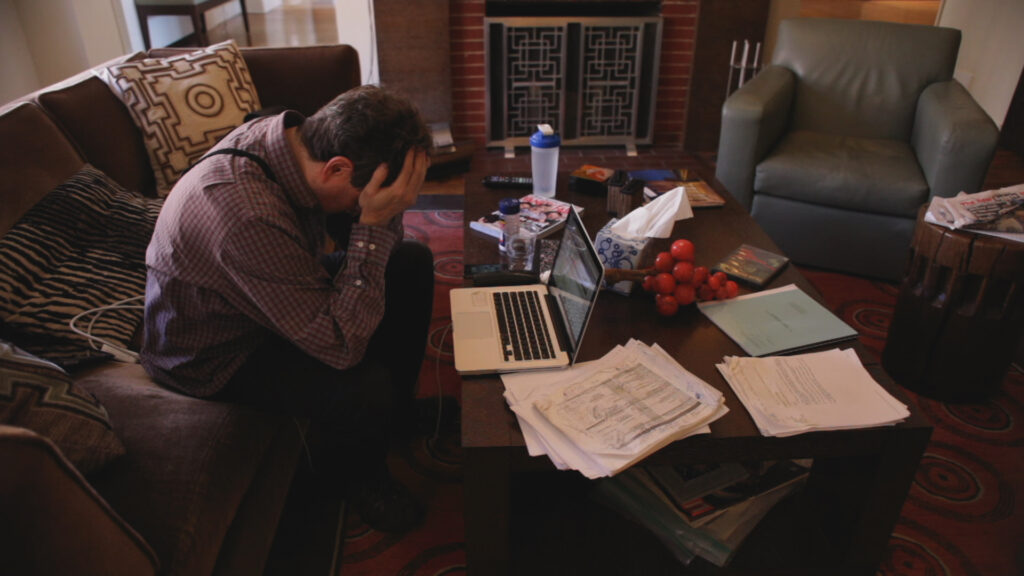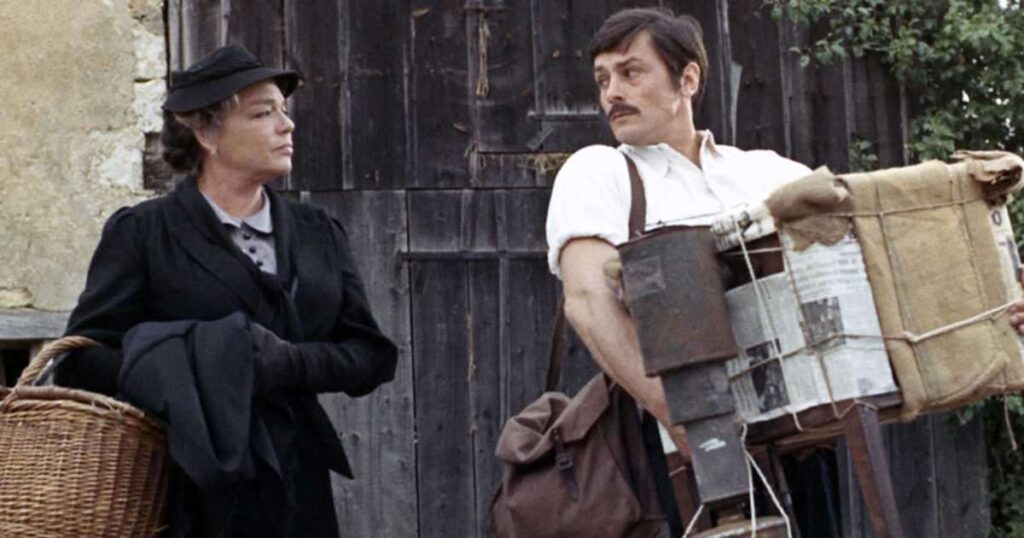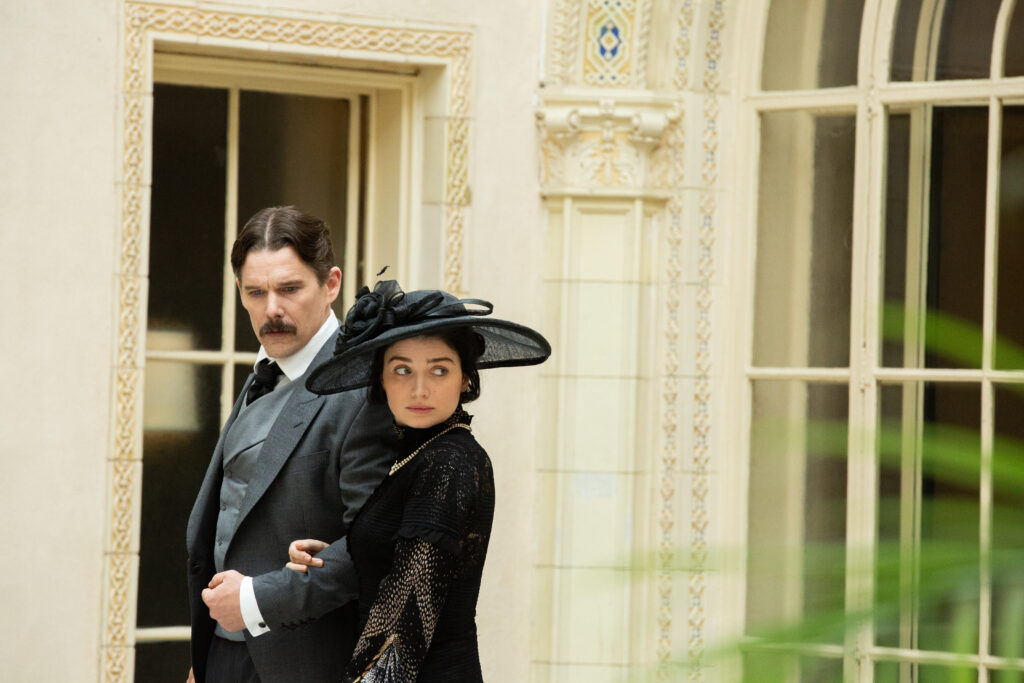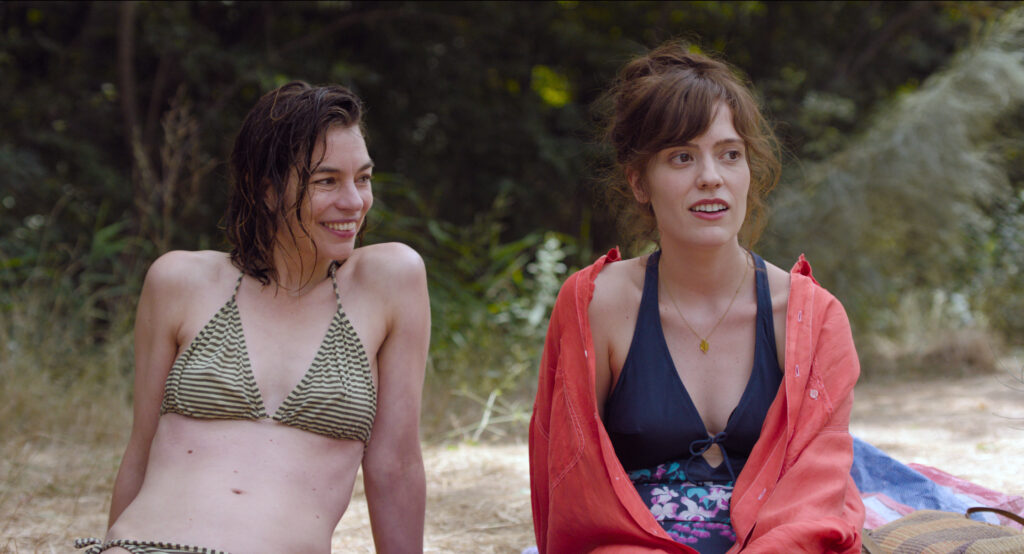Mulan is a step in the right direction for Disney’s live action remakes
Written by Ian Thomas Malone, Posted in Blog, Movie Reviews, Pop Culture
Disney has an identity problem when it comes to their live-action slate. Efforts like The Lion King and Aladdin are too tethered to their source material to craft their own voices. Others such as Dumbo fall apart in the absence of any clear sense of purpose. Mulan removes the talking animals and musical numbers from the equation, plotting its own course through the ancient Chinese folklore.
Armed with a $200 million budget, a record-setting sum for a female director, Niki Caro crafts a visually breathtaking experience. The New Zealand landscape is beautiful, if not a bit distracting for a film set in China. CGI can bring practically any concept to life, but other Disney efforts have suffered from an over-reliance on green screens.
Mulan is competently acted, though it’s hard to say that any particular talent steals the show. Yifei Liu brings grace and a sense of determination to the title role, but she’s a bit too reserved. The absence of a confidant figure such as Mushu who is in on the ruse puts some strain on Liu’s ability to express the struggle at the core of the narrative.
Unlike it’s animated predecessor, Mulan puts its supernatural elements at the heart of the conflict. Mulan is basically turned into a superhero, exhibiting “chosen one”-type powers that diminish the feminist message that the film is trying to convey. Here, women can do anything, if one has special powers to dodge arrows and transform into animals.
The screenplay is pretty lackluster. While following the same basic trajectory of the source material, swapping out the Huns for Rouran warriors, the film never quite finds its heart. Mulan never really clicks with her fellow warriors, a fairly forgettable bunch who never receive much attention.
Caro largely keeps romance out of the equation, a refreshing dynamic for a Disney film. Mulan’s journey is one of the self, determined by her own actions rather than gauged in relation to the feelings of a man. It might have been interesting to see how the film addressed plotlines from the original in a world with larger LGBTQ equality, but Disney has demonstrated no grace in this area anyway.
Mulan is a flawed movie. The action sequences help buoy the film through its less compelling sequences. The brief attempts at humor do little than serve as reminders of how much heart Eddie Murphy brought to the original. With that in mind, it’s easier to forgive the lack of comedy. It seems absurd to think that a live-action effort could have ever surpassed its predecessor in this regard.
With Mulan, Disney shoots for more than a shot-for-shot remake of the past. The result is a little clunky at times, but compelling enough to justify its existence. Skeptics of Disney’s live-action genre may not be completely convinced, but Caro brings something fresh to the conversation. It is an entertaining film. That might not feel like high praise, but it’s a step in the right direction.





